Panel 1: AERPAW and 5G/6G Research
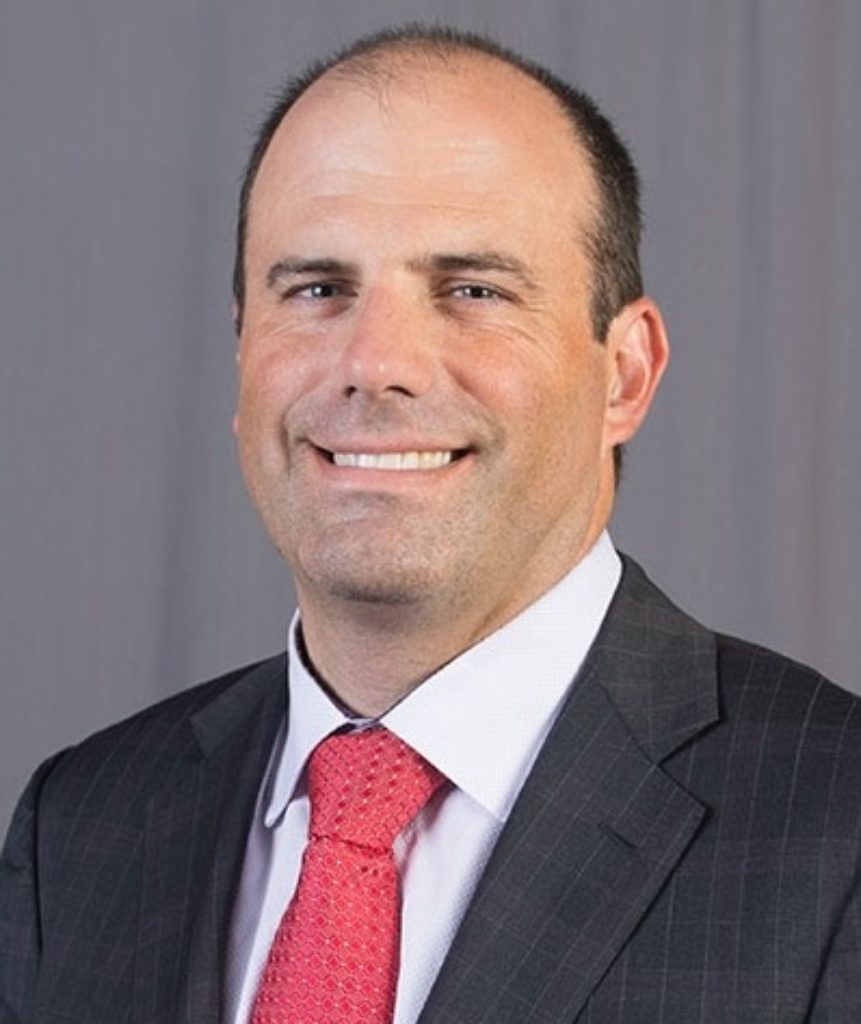
Robert W. Heath (NC State University)
Dr. Robert W. Heath Jr. joined the Department of Electrical and Computer Engineering at NC State in August 2020. From 2002 to 2020, he was with the University of Texas at Austin where he was involved in the leadership of their wireless group and created an initiative to bring together communications, sensing, and machine learning. Dr. Heath is also President and CEO of MIMO Wireless Inc. His research has been extensively funded by industry and government. Dr. Heath’s research interests include wireless communications cellular systems, public safety, and military networks, with recent applications to vehicular communication systems, 5G, and now 6G. He has authored or co-authored several books including “Introduction to Wireless Digital Communication” (Prentice Hall, 2017), “Millimeter Wave Wireless Communications” (Prentice Hall, 2014), and “Foundations of MIMO Communication” (Cambridge University Press, 2019).
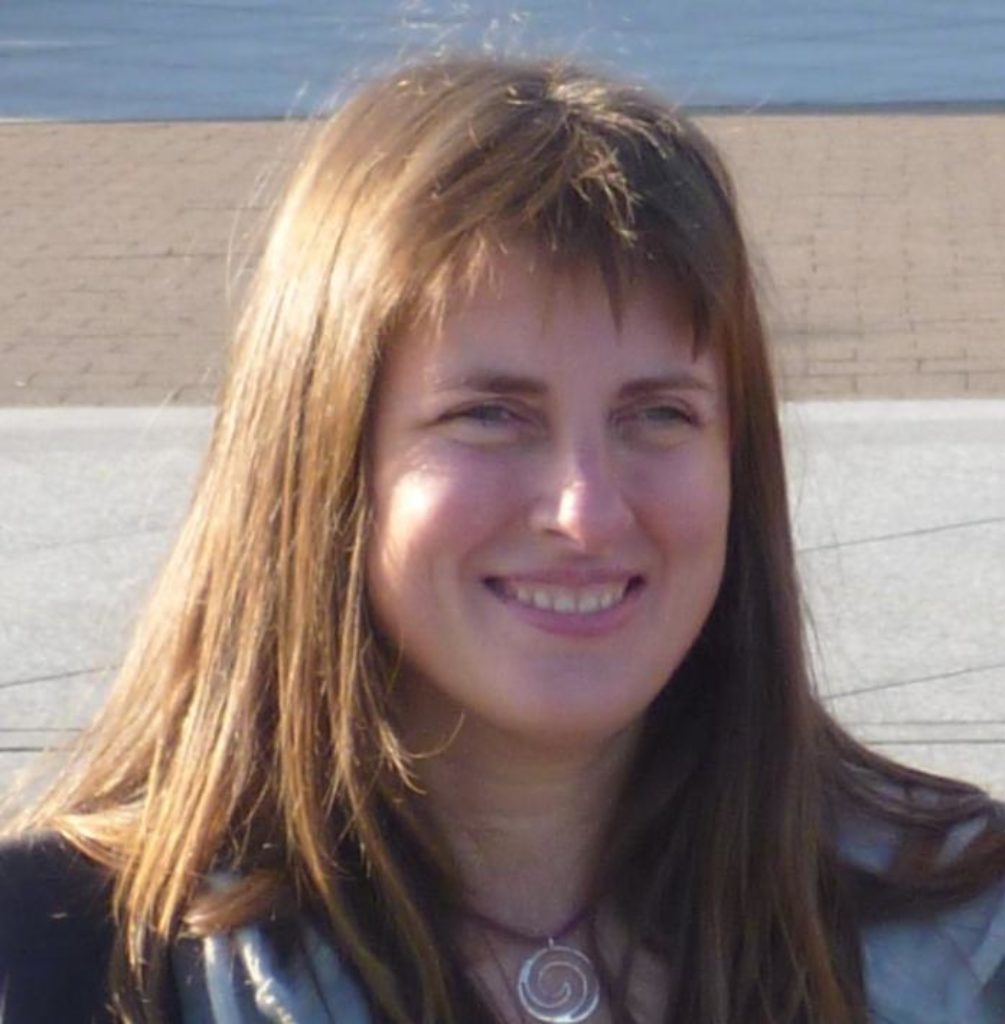
Nuria Gonzalez-Prelcic (NC State University)
Dr. Nuria González Prelcic received her Ph.D. in Electrical Engineering in 2000 from the University of Vigo, Spain. She joined the faculty at NC State as an Associate Professor in 2020. She was previously an Associate Professor in the Signal Theory and Communications Department at the University of Vigo, Spain, and also held visiting positions at the University of Texas at Austin and the University of New Mexico. She was also the founding director of the Atlantic Research Center for Information and Communication Technologies (atlanTTic) at the University of Vigo (2008-2017). She is an Editor for IEEE Transactions on Wireless Communications and IEEE Transactions on Communications. She is an elected member of the IEEE Sensor Array and Multichannel Technical Committee. She is a member of the IEEE SPS Integrated Sensing and Communication Technical Working Group. Her main research interests include signal processing theory and signal processing and machine learning for wireless communications: filter banks, compressive sampling, and estimation, multicarrier modulation, massive MIMO, mmWave MIMO, including vehicle-to-everything (V2X), air-to-everything (A2X), and LEO satellite communication. She is also interested in joint positioning and communication, joint radar and communication, radar signal processing, and radar-assisted communications. She has published more than 120 papers in the area of signal processing for communications, including a highly cited tutorial published in the IEEE Journal of Selected Topics in Signal Processing which has received the 2020 IEEE SPS Donald G. Fink Overview Paper Award
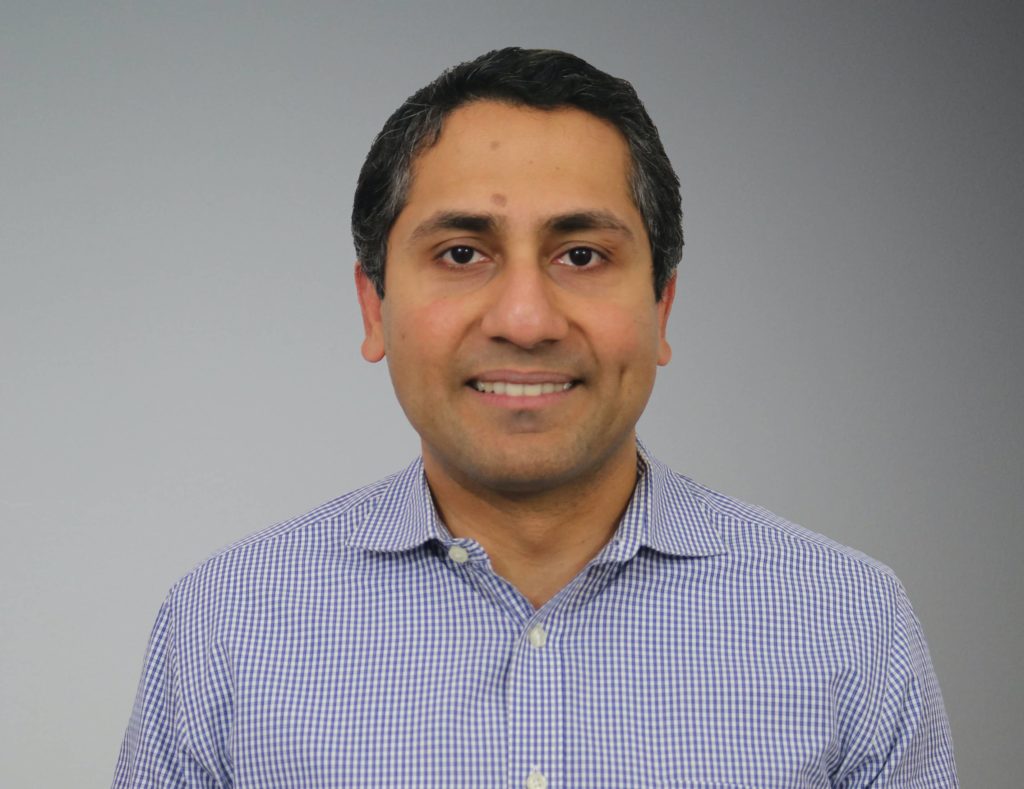
Manu Gosain (Northeastern University)
Abhimanyu (Manu) Gosain is a Technical Program Director for PAWR, Senior Director for Institute of Wireless Internet of Things at Northeastern University, Founding Director for OpenAirX-Labs, and SETA for DoD OUSD Innovate Beyond5G Program (IB5G). He is in charge of setting strategic goals and the research agenda for a $100M public-private partnership for the NSF Platforms for Advanced Wireless Research (PAWR) program and the $25M DARPA Colosseum program. He serves as a Board Member for the OpenAirInterface Software Alliance, Founding member for Magma Core Foundation, University representative for O-RAN Alliance, Telecom Infra Project, NextG Alliance, and co-chair on organizing committee and program committees for 6GSymposium, EuCNC, IEEE InfoCom, and ACM WinTech. His numerous professional publications and experience exemplify use-inspired basic research in the field of networking technologies such as LTE, 5G, AI/ML, edge computing, and the Internet of Things. He is an IEEE Senior Member. He received his M.S. degree from Tufts University and M.B.A. from Boston University with High Honors.
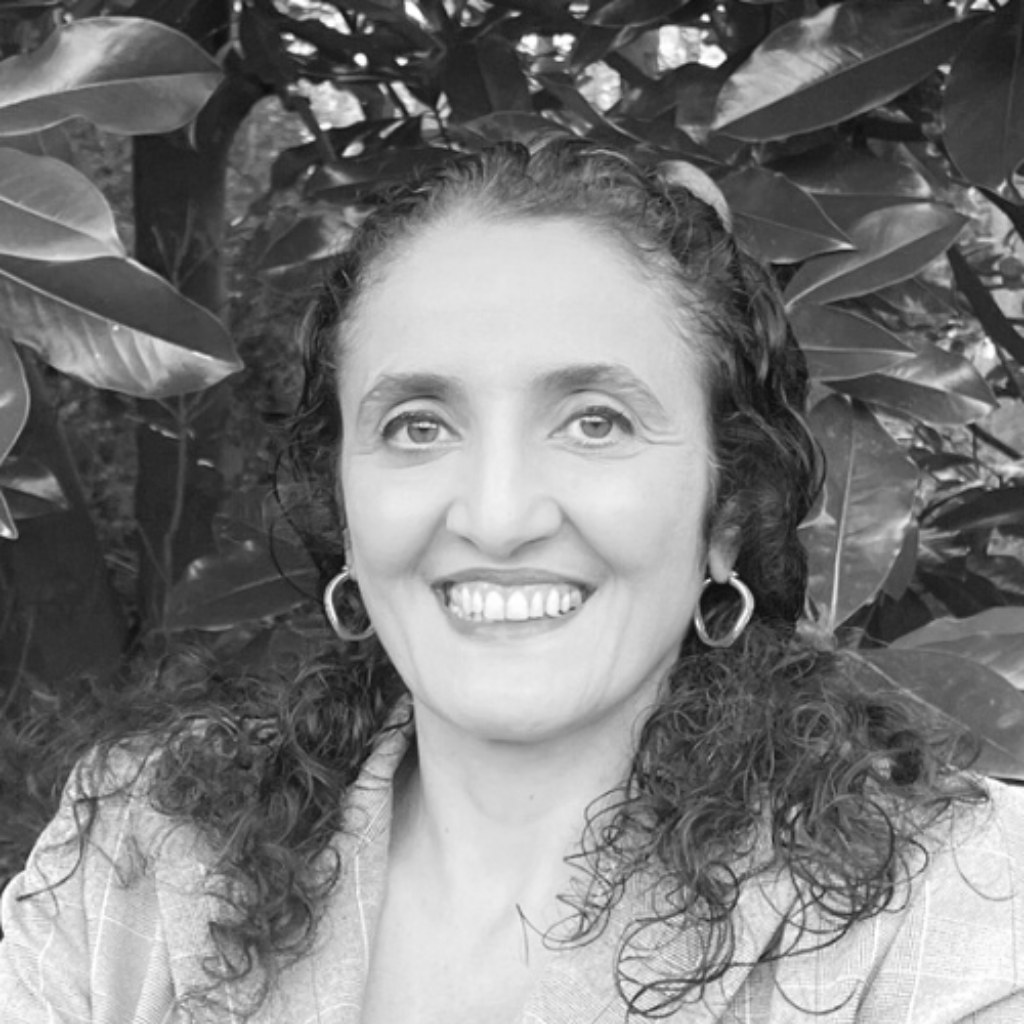
Leila Zurba Ribeiro (Mitre Engenuity)
Dr. Leila Zurba Ribeiro is a Technology Director at MITRE Engenuity Open Generation. Prior to joining the Open Generation efforts, Leila was MITRE’s Chief Engineer for the Aviation Concepts and Research division, which included Communications, Navigation, Surveillance, and Spectrum aspects related to civil aviation. Leila is an experienced wireless communications engineer with a history of solving complex technical problems both for industry and government. As part of her work at MITRE, Leila has led several activities on multi-disciplinary concepts related to wireless networks design and optimization, spectrum engineering, satellite communications, aviation communications, navigation and surveillance systems, unmanned aircraft systems, and vehicular systems. With a solid understanding of U.S. spectrum policy and spectrum management, Leila has also served as a trusted advisor on some of the key questions currently being addressed by the government on spectrum management. Prior to joining MITRE in 2009, Leila worked as Director of Systems Engineering at CelPlan Technologies, where she developed solutions for the design and optimization of wireless networks. She has also served as an adjunct professor in Satellite Communications at George Mason University and co-founded a non-profit organization to help promote cultural diversity and inclusion of the Brazilian culture. Leila holds a Ph.D. degree in Electrical Engineering from Virginia Tech.
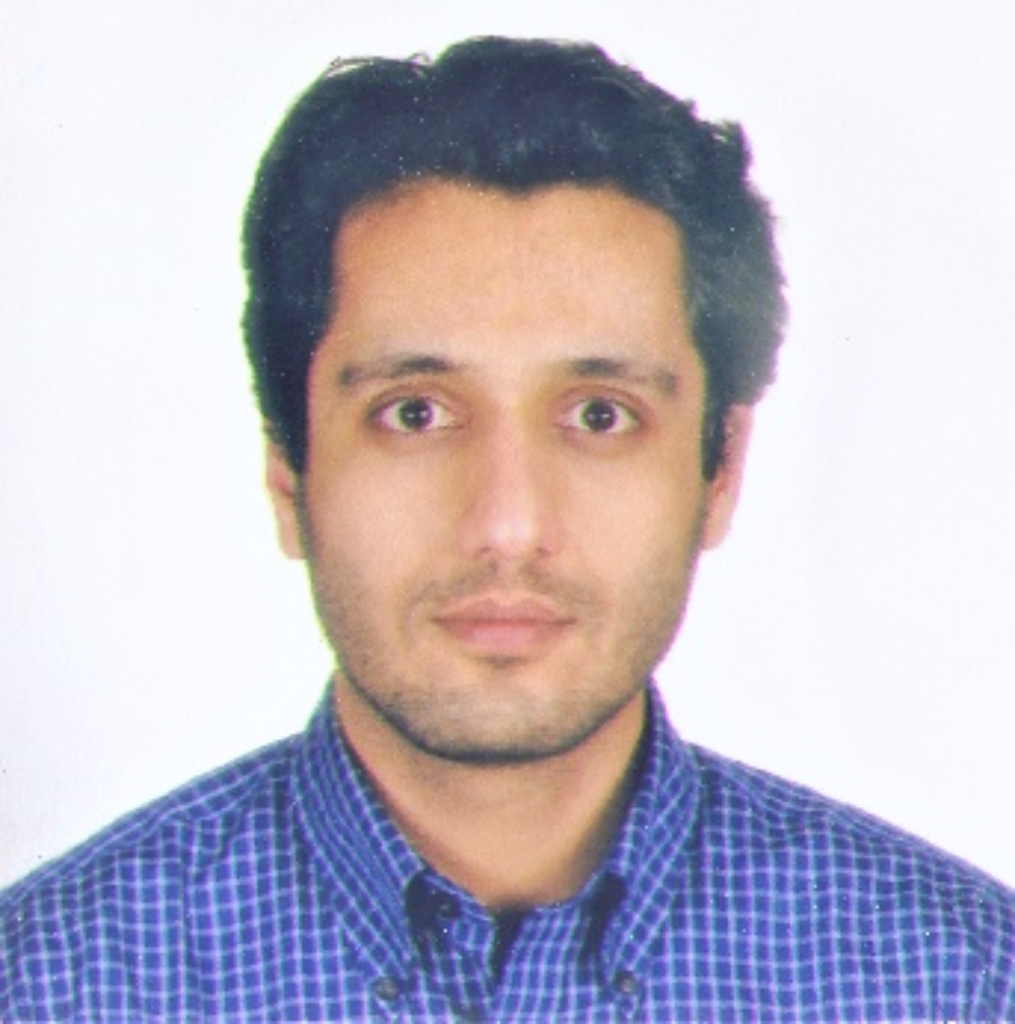
Saeed R. Khosravirad (Nokia Bell Labs)
Dr. Saeed R. Khosravirad is a Member of the Technical Staff at Nokia Bell Labs. In this role, he contributes to innovating the future generation of wireless networks with ultra-reliable and low latency communications technology to enable the wireless industrial revolution. He received his Ph.D. degree in telecommunications in 2015 from McGill University, Canada. Prior to that, he received the B.Sc. degree from the Department of Electrical and Computer Engineering, University of Tehran, Iran, and the M.Sc. degree from the Department of Electrical Engineering, Sharif University of Technology, Iran. He is currently leading research projects in Bell Labs investigating various aspects of radio access for industrial IoT. During 2018-2019, he was a Visiting Scholar at the Electrical & Computer Engineering department of the University of Toronto, Canada. He is an editor of the IEEE Transactions on Wireless Communications and guest editor of the IEEE Wireless Communications Magazine.
Panel 2: AERPAW and Smart Agriculture Research
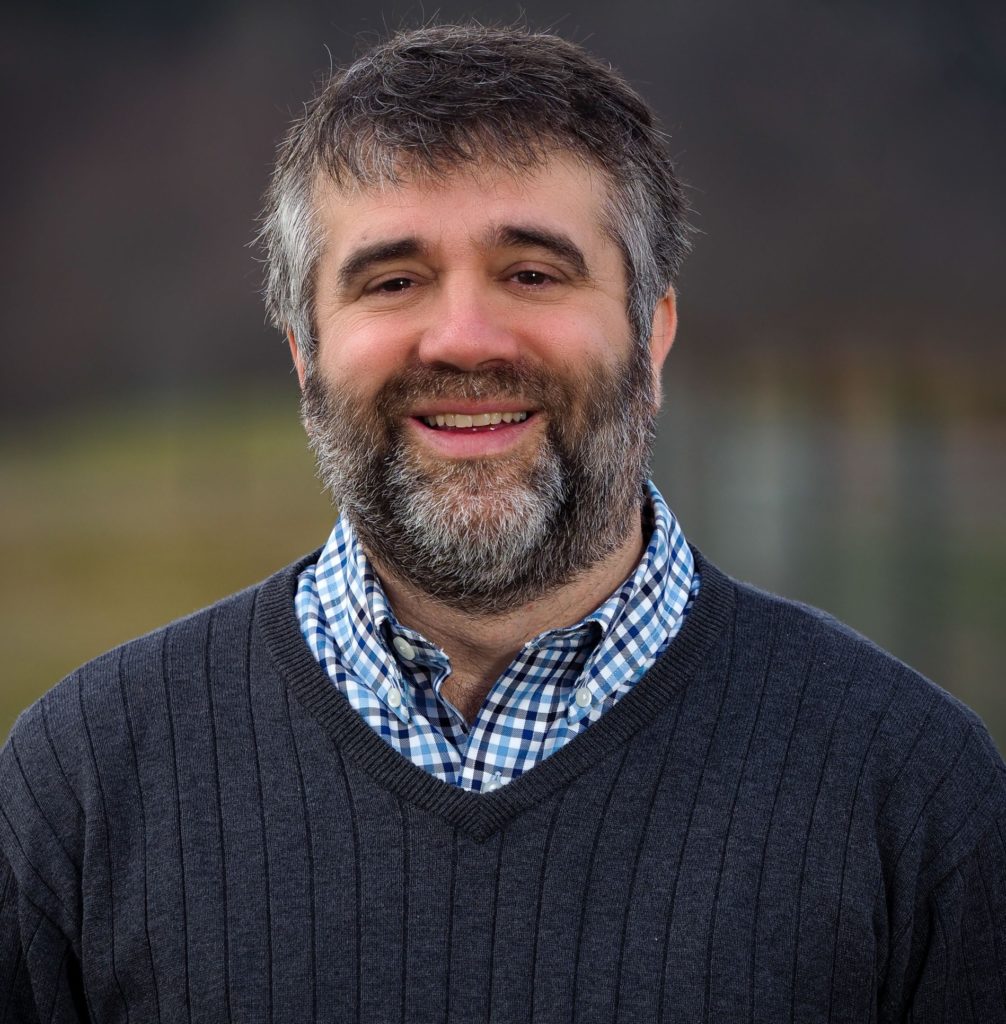
Chris Reberg-Horton (NC State University)
Dr. Chris Reberg-Horton is a Professor of Cropping Systems at North Carolina State University. He co-leads the Precision Sustainable Agriculture network consisting of on-farm and on-station experiments that utilize the latest developments in sensors and IoT to collect and standardize data. The network operates in 21 states and has more than 120 locations each year. Chris also serves as the Platform Director for Resilient Agricultural Systems at the Plant Sciences Initiative at NC State University. As such, he supports teams addressing climate change, food security, and the use of new technologies for adaptive management of farms.
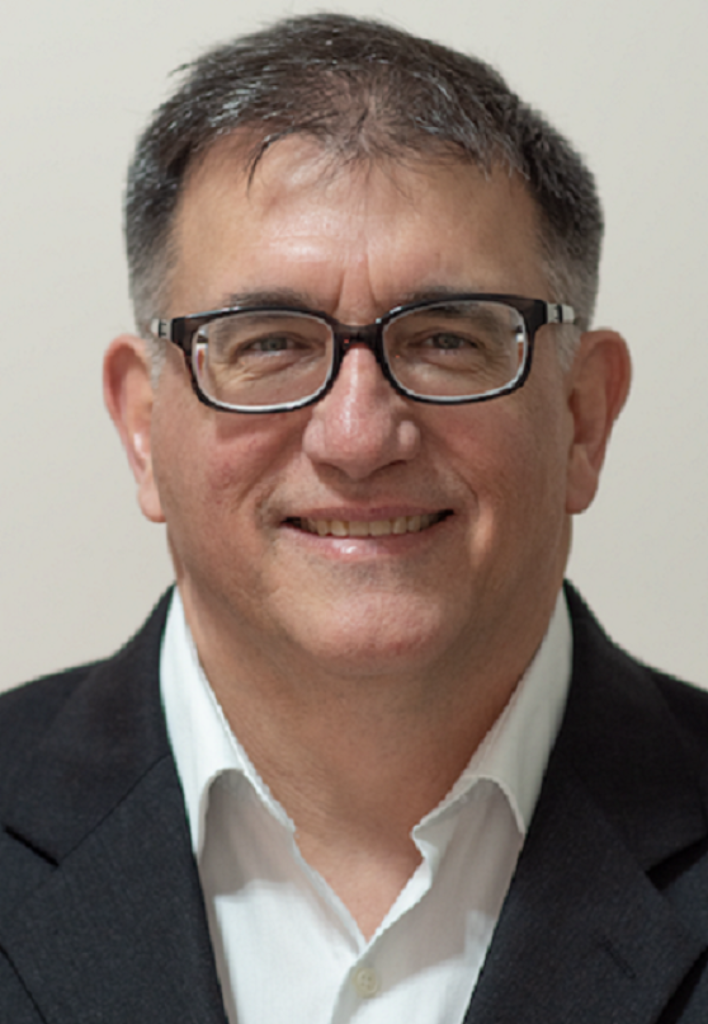
James Krogmeier (Purdue University)
James V. Krogmeier received the BSEE degree from the University of Colorado at Boulder and the MS and Ph.D. degrees from the University of Illinois at Urbana-Champaign. He has industry experience in telecommunications, is a founding member of two software startup companies, and is the owner-operator of a Colorado wheat and corn farm. He is currently a Professor of Electrical and Computer Engineering at Purdue University in West Lafayette, Indiana. Professor Krogmeier’s research interests include the applications of statistical signal and image processing in agriculture, intelligent transportation systems, sensor networking, and wireless communications. He has published many technical papers in refereed journals and conference proceedings of the IEEE, the ASABE, and the Transportation Research Board and is a co-inventor on five awarded U.S. patents. Professor Krogmeier has served on a number of IEEE technical program committees and as an Associate Editor for several IEEE journals.
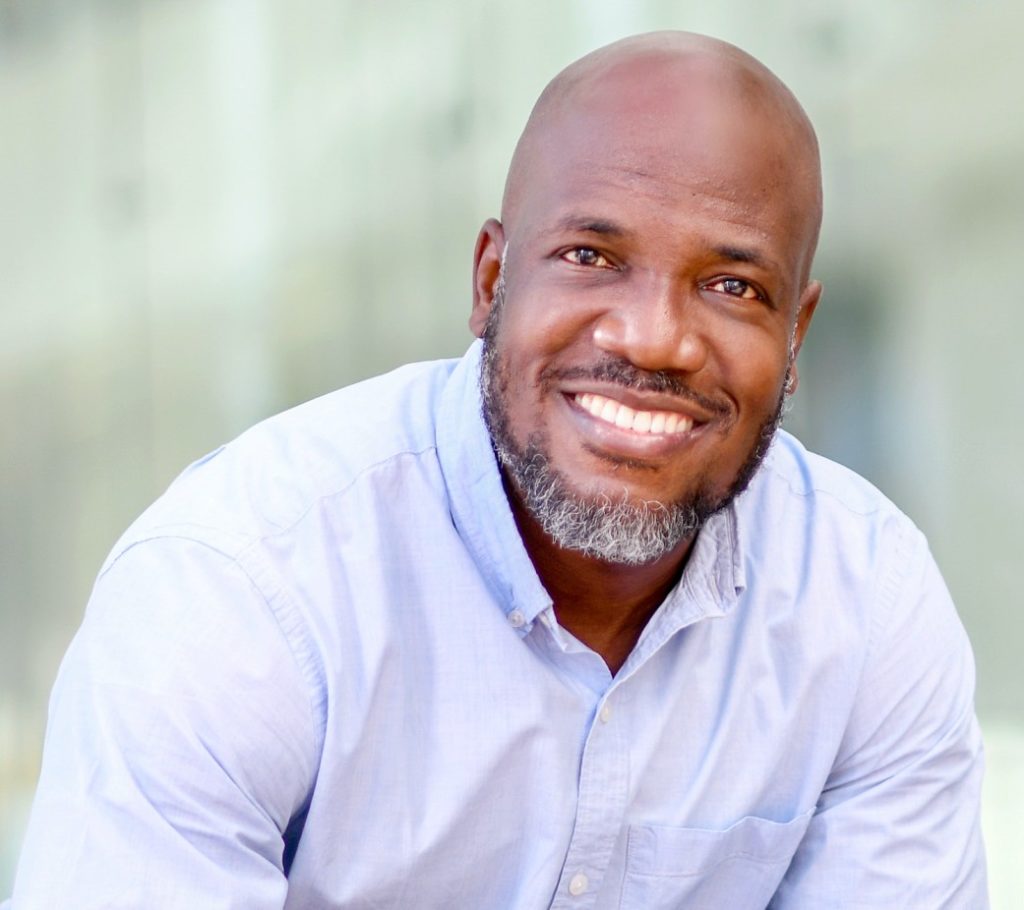
Cranos Williams (NC State University)
Dr. Cranos Williams (NC State University) is the Goodnight Distinguished Professor of Agricultural Analytics at North Carolina State University with primary and secondary appointments in the electrical and computer engineering and plant and microbial biology departments, respectively. Dr. Williams also serves as the Platform Director of the Data-Driven Plant Sciences research platform of the North Carolina Plant Sciences Initiative (https://cals.ncsu.edu/psi/) and is the head of the EnBiSys Research Laboratory (https://research.ece.ncsu.edu/enbisys/). He received his B.S. in electrical engineering from North Carolina A&T State University in 2001, and his M.S., and Ph.D. in electrical engineering from North Carolina State University in 2002 and 2008, respectively. Dr. Williams has developed a highly collaborative, multidisciplinary research program focused on understanding biomolecular pathways associated with plant growth, development, and adaptation. His research lab develops methodologies familiar to other areas of electrical and computer engineering (e.g. computational intelligence, system identification, nonlinear systems analysis and control, and signal processing) to model and predict the impact that genetic and environmental perturbations have on overall plant response. The results from these works will have direct implications on key challenges associated with engineering plants for efficient biofuel production, increased adaptability to changing environments, and improved defense to biotic and abiotic stresses.
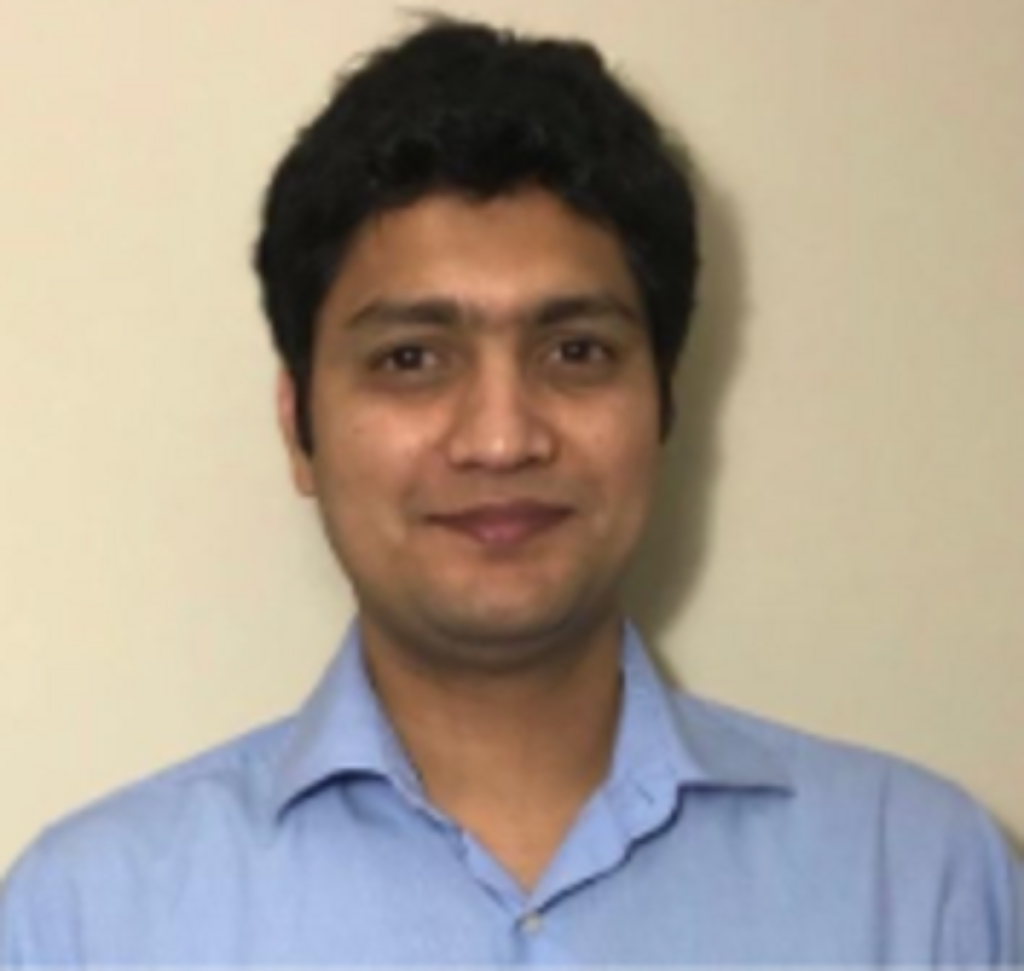
Anand Singh (IBM)
Anand Singh is a Cloud Architect and Associate Program Director for Center for Advanced Studies, IBM RTP. Along with designing cloud solutions for the academic and research community, he leads multiple research and teaching collaborations with Universities and IBM. His technical interests include cloud computing, analytics, IoT, and network management. In the past, Anand has worked as a Teaching Assistant Professor in the ECE department and North Carolina State University. He has also worked with Cisco System as CTO Office Intern (2015) and Cisco collaboration group network engineer (2008-2011). He received his Ph.D. in Computer Engineering and MS in networking from the North Carolina State University.
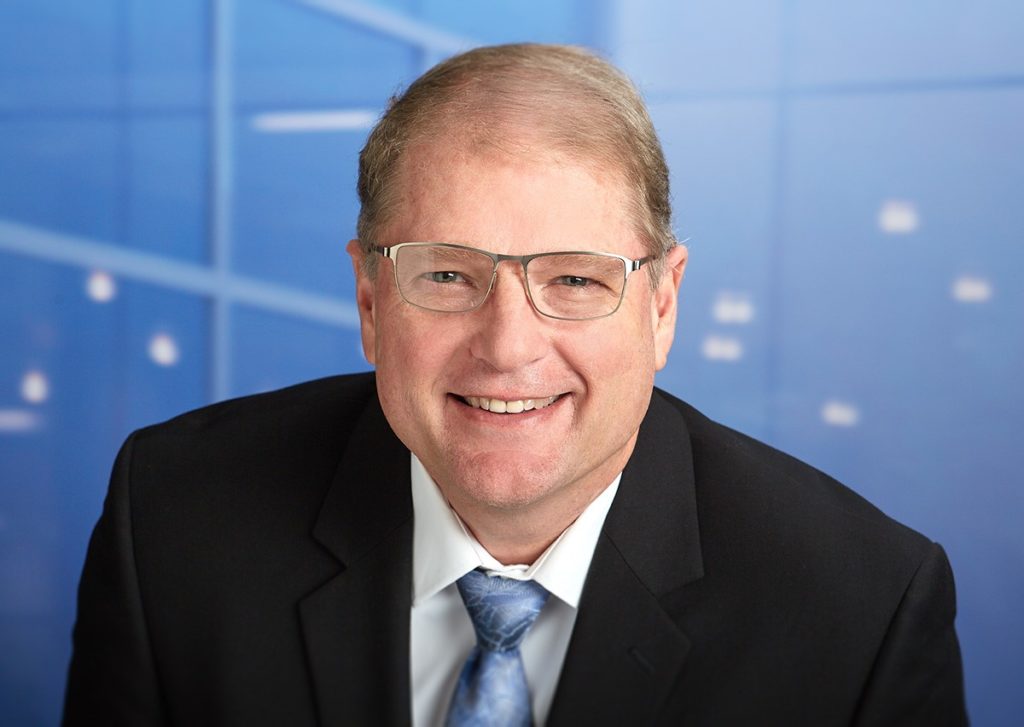
Bill Danker (SAS)
Bill Danker is a Principal Industry Consultant of AgTech. He joined SAS in October 2019, after more than 30 years of experience in R&D, Computer Science, and Agriculture. He has a background in the development and delivery of agricultural systems for research, product development, and commercial operations. He has an extensive background in the application of analytics to support genetic testing and analysis of G x E interactions that determine phenotypic responses in plants. Bill has led global IT projects to bring innovative approaches to application development, via agile project delivery and adoption of CI/CD practices. Bill received his Bachelor of Science degree in computer science, with a minor in business administration, from Morningside College. He earned his Master of Science degree in Business Administration Sciences from Iowa State University.
Panel 3: AERPAW and Drone/AAM Research
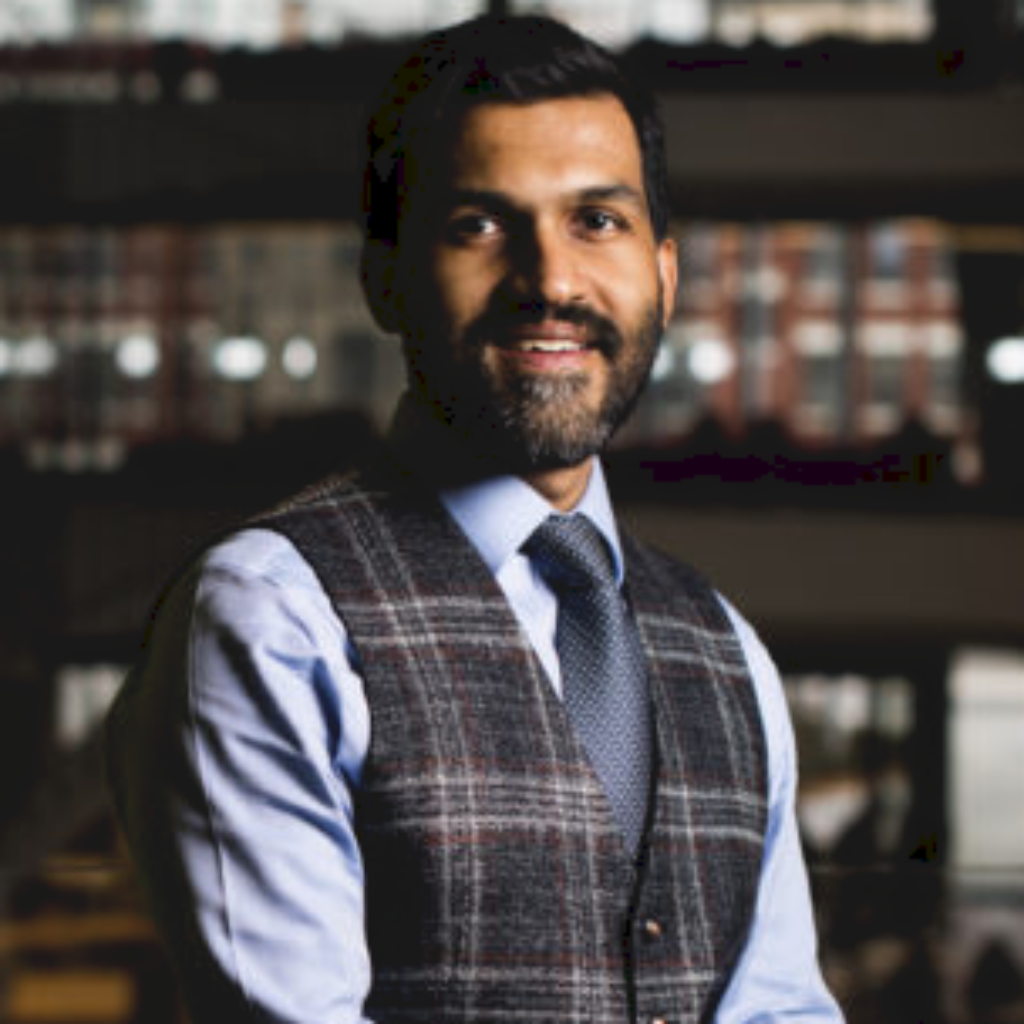
Kaushik Chowdhury (Northeastern University)
Dr. Kaushik Chowdhury is Professor in the Electrical and Computer Engineering Department at Northeastern University, Boston, USA. He is the winner of the U.S. Presidential Early Career Award for Scientists and Engineers (PECASE) in 2017, the Defense Advanced Research Projects Agency Young Faculty Award in 2017, the Office of Naval Research Director of Research Early Career Award in 2016, and the National Science Foundation (NSF) CAREER award in 2015. He is the recipient of best paper awards at IEEE GLOBECOM’19, DySPAN’19, INFOCOM’17, ICC’13,’12,’09, and ICNC’13. He serves as area editor for IEEE Trans. on Mobile Computing, Elsevier Computer Networks Journal, IEEE Trans. on Networking, and IEEE Trans. on Wireless Communications. He co-directs the operations of the Colosseum RF/network emulator, as well as the Platforms for Advanced Wireless Research project office. He is an executive committee member and PI from Northeastern for the NSF AI Institute For Future Edge Networks And Distributed Intelligence, led by The Ohio State University. Prof. Chowdhury has served in several leadership roles, including Chair of the IEEE Technical Committee on Simulation, and as Technical Program Chair for IEEE INFOCOM 2021, IEEE CCNC 2021, IEEE DySPAN 2021, and ACM MobiHoc 2022. His research interests are in applied machine learning for wireless communications and networks, networked robotics, and the self-powered Internet of Things.
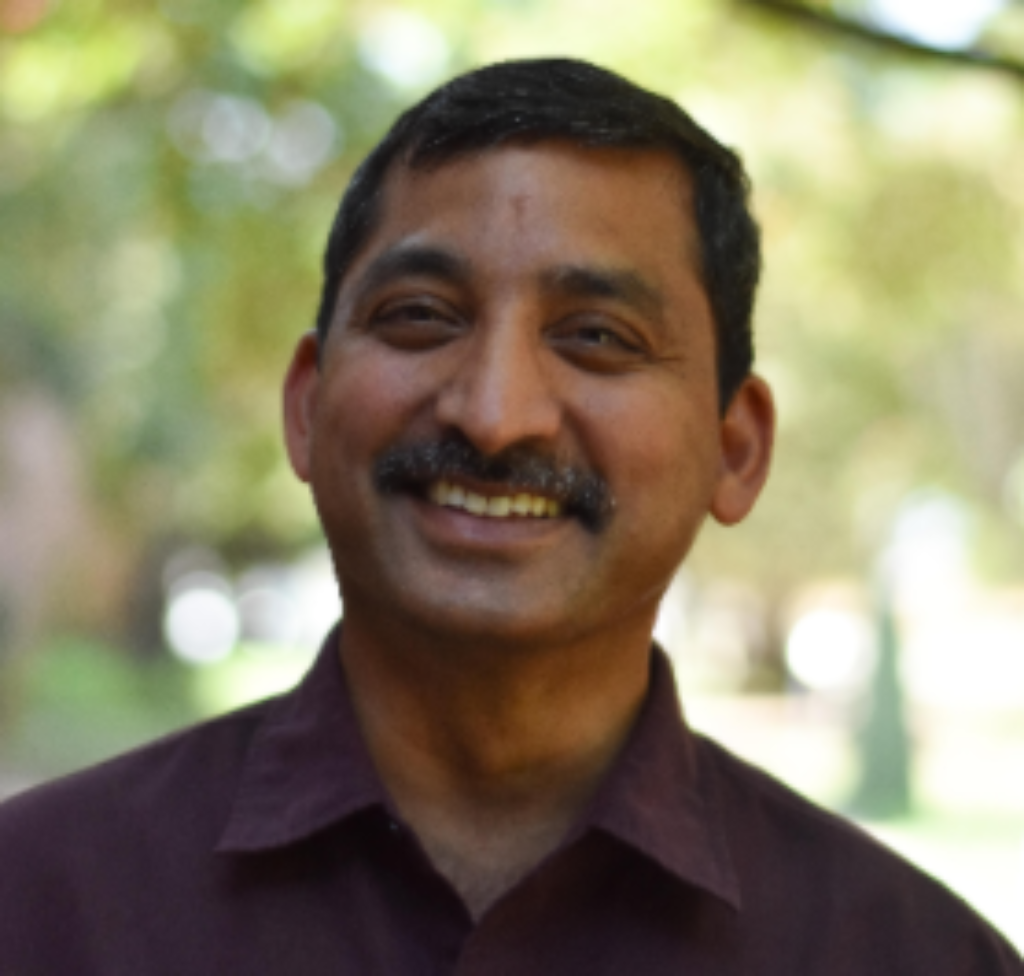
Kamesh Namuduri (University of North Texas)
Dr. Kamesh Namuduri is a Professor of Electrical Engineering and the director of the Autonomous Systems Laboratory at the University of North Texas (UNT). He received his B.S. degree in Electronics and Communication Engineering from Osmania University, India, in 1984, an M.S. degree in Computer Science from the University of Hyderabad in 1986, and a Ph.D. degree in Computer Science and Engineering from the University of South Florida in 1992. Over the past eleven years, his research is focused on aerial networking and communications. He is serving as the chair for two Standards Working Groups (IEEE 1920.1: Aerial Communications and Networking and IEEE P1920.2: Vehicle-to-Vehicle Communications for Unmanned Aircraft Systems). Namuduri is named as a “Distinguished Lecturer” by the IEEE Vehicular Technology Society for the term 2021-2023. He is serving as the Chair for the IEEE Vehicular Technology Society’s Ad Hoc Committee on Drones, as the Vice-Chair for “Aerial Communications”, an emerging technology initiative of the IEEE Communication Society, and as an Expert Adviser on UAVs, COM/Access Core Standards Committee, IEEE Communications Society. He is a co-editor for the book titled “UAV Networks and Communications” published by the Cambridge University Press in 2017. In 2020, Namuduri successfully led a team of seven organizations in the Advanced Air Mobility, National Campaign Developmental Test project directed by NASA. In 20211-2022, he is leading the North Texas Cohort engaging as an infrastructure partner in the AAM National Campaign directed by NASA. This team will be conducting several flight tests in the near future aimed at understanding the challenges when UAVs are deployed at scale in the real world.
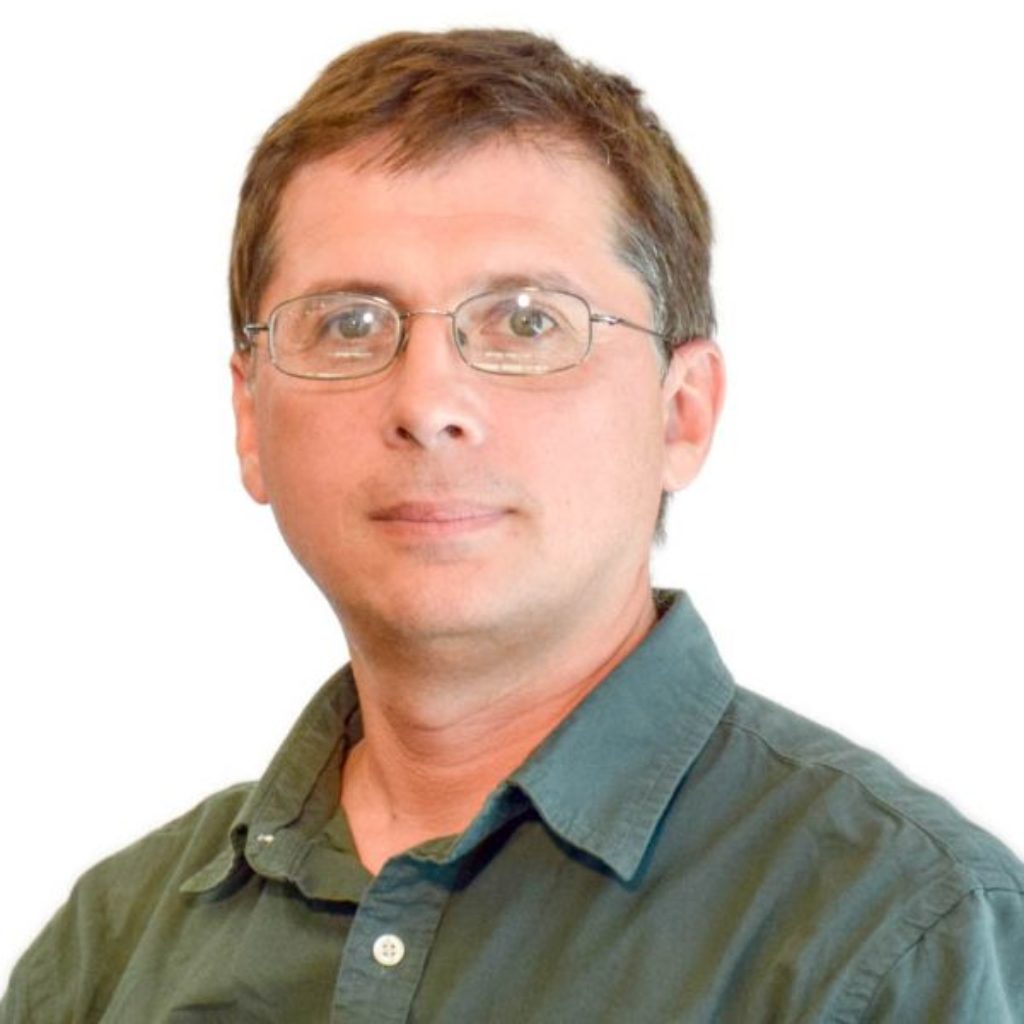
Mihail Sichitiu (NC State University)
Dr. Mihail L. Sichitiu was born in Bucharest, Romania. He received a B.E. and an M.S. in Electrical Engineering from the Polytechnic University of Bucharest in 1995 and 1996 respectively. In May 2001, he received a Ph.D. degree in Electrical Engineering from the University of Notre Dame. He is currently employed as an associate professor in the Department of Electrical and Computer Engineering at North Carolina State University. His primary research interest is in Wireless Networking with an emphasis on multi-hop networking and wireless local area networks. He is a Co-PI of AERPAW, where he is responsible for drone design, development, and operations.
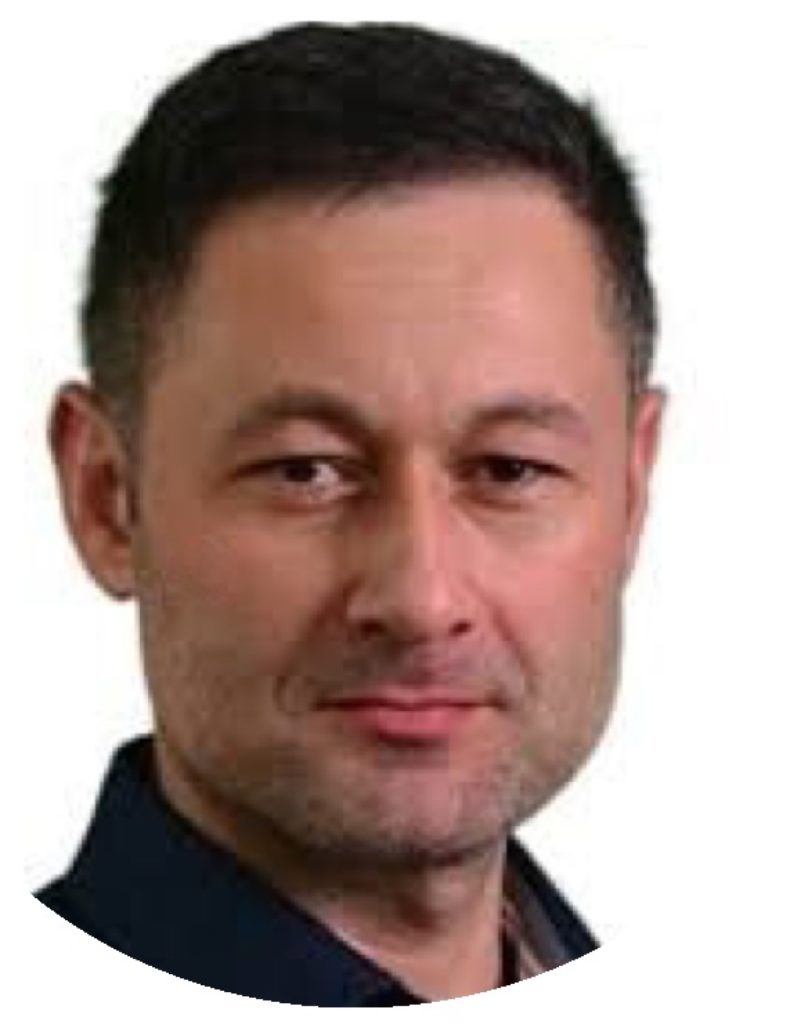
Zafer Sahinoglu (Mitsubishi Electric Innovation Center)
Dr. Zafer Sahinoglu received his M.B.A. degree from Massachusetts Institute of Technology in 2013, and a Ph.D. degree in Electrical Engineering and an M.Sc. degree in Biomedical Engineering from New Jersey Institute of Technology, Newark, NJ, in years 2002 and 1998, respectively. He was a senior principal research scientist in MERL between 2001 and 2016. His technical expertise includes stochastic signal processing, space-time adaptive processing, ultra-wideband and OFDMA wireless communications, and indoor localization and tracking, biomedical signal processing, Li-ion battery modeling. He worked in Japan for 6 months in 2014 to promote new software and service-based business models in various business divisions. He formed a Vision 2020 Business Innovation group in Mitsubishi Electric US in 2016, where his team developed several SaaS platforms. He has been leading and managing product design and agile product development, building business models, developing technology strategies, and bundling these steps into customized processes with continuous innovation. He is an inventor on more than 80 patents, has co-authored more than 100 international journal and conference papers, made more than 50 contributions to international standards including ZigBee, IEEE 802.15.4a UWB PHY, and MAC, IEEE 802.15.4e MAC, and MPEG 21. He has written two books on wireless communication and localization systems published by Cambridge University Press. He also earned Docent Dr. (Associate Prof.) title in Turkey in 2012 in Electrical Engineering.
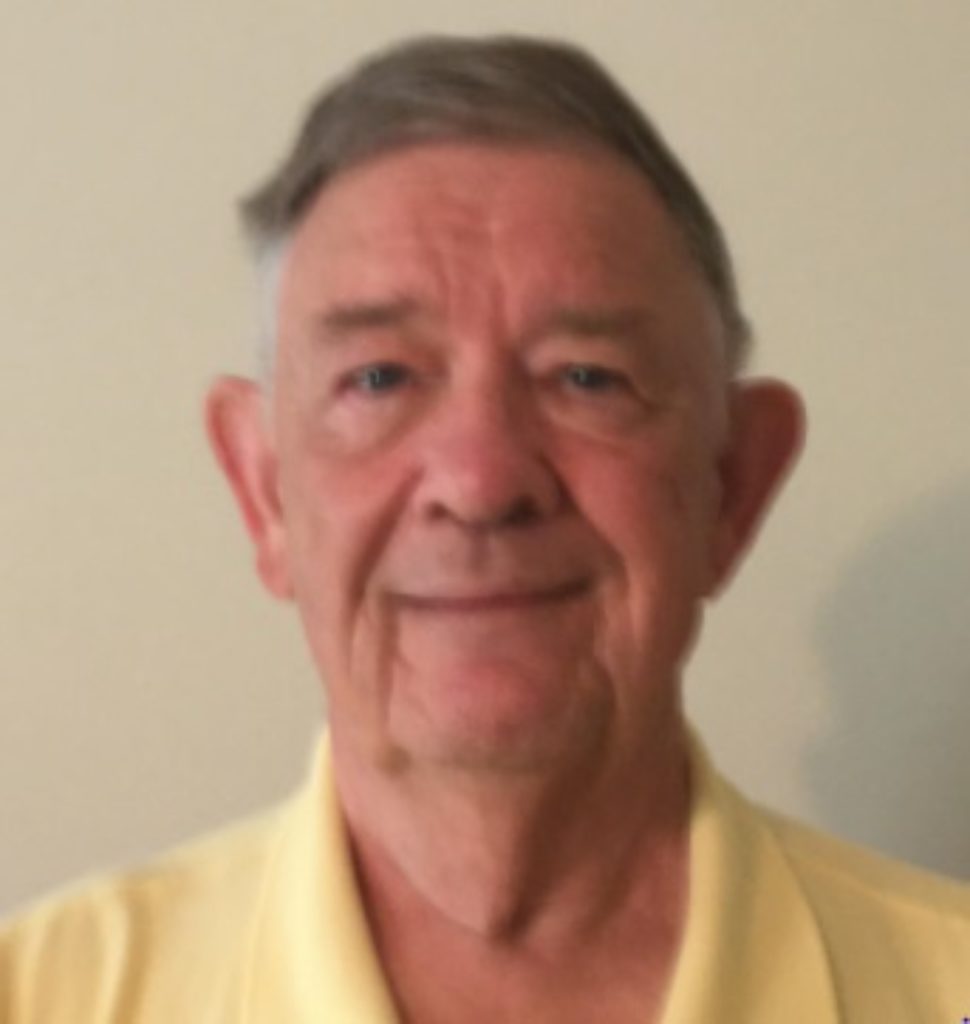
Michael Rogers (Carolina Unmanned Vehicles)
Mike Rogers is a project manager and part-owner for Carolina Unmanned Vehicles (CUV), a small woman-owned company with a market focus on several versions of a small mobile tethered blimp, the Lightweight Aerostat System (LAS). The system can carry payloads up to 35 kg. for various missions such as surveillance, communications support, and research. A version of LAS, the Small Tactical Multi-Payload Aerostat System (STMPAS) was deployed to Afghanistan to provide Intelligence, Surveillance, and Reconnaissance (ISR) capability for small tactical units in Afghanistan and other locations. Non-military applications include law enforcement, border security, and research.
Prior to his CUV career, Mike was in the Air Force, retiring as a Lieutenant Colonel after a 21-year research and development career. Mr. Rogers has strong project management and systems engineering experience in over 50 years in government and industry systems as diverse as space satellites and ground combat vehicles. He holds a BS and an MS in Aerospace Engineering from North Carolina State University (Go Wolfpack) and the Air Force Institute of Technology, respectively.
